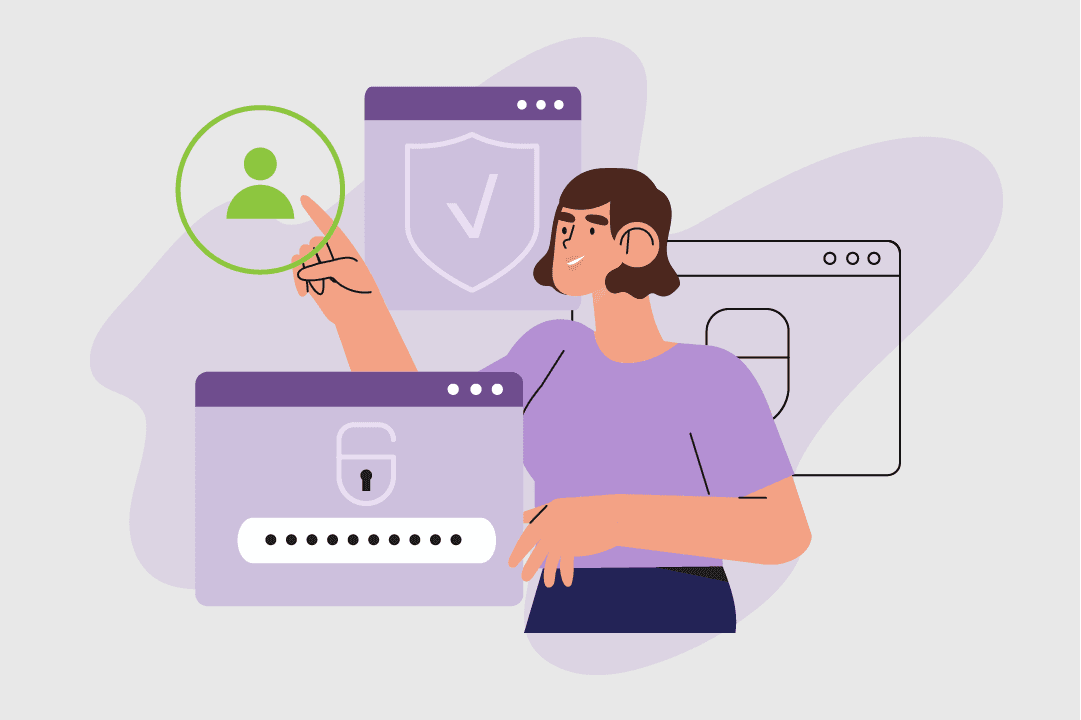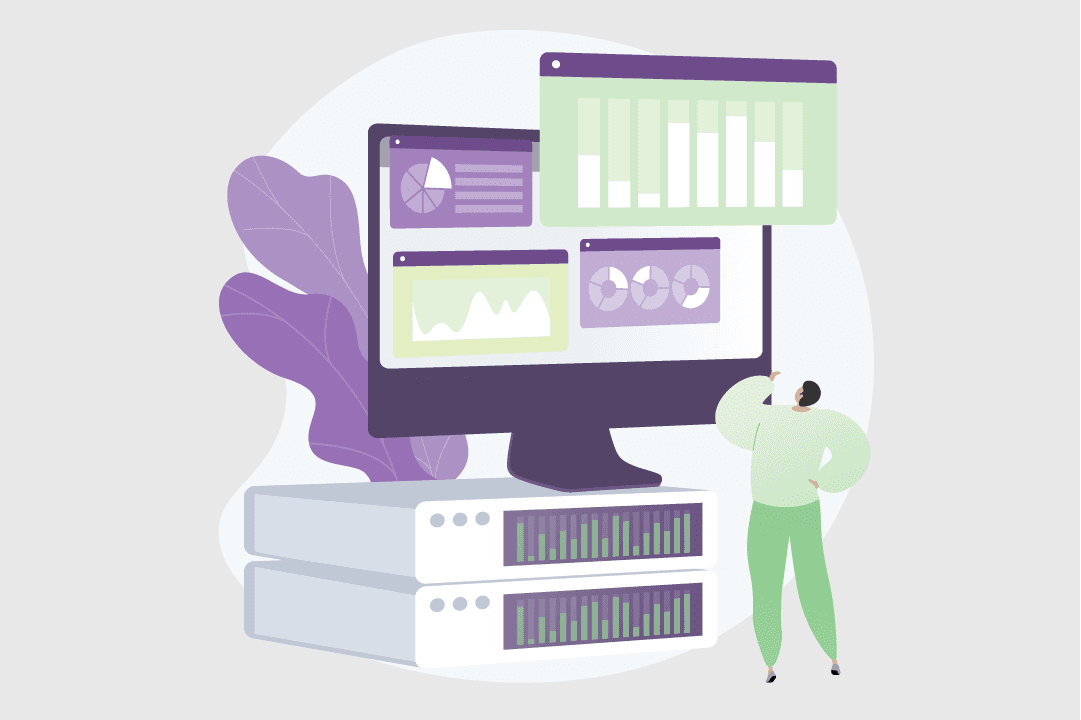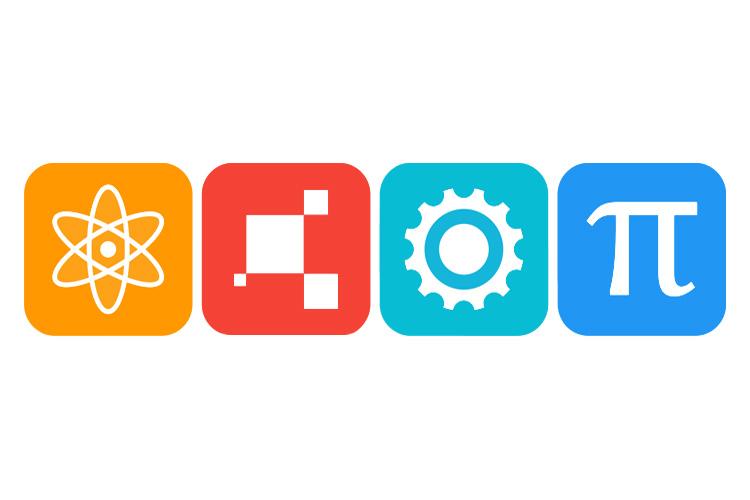Cloud engineer job description
Let’s get real. Job information online can often be overly optimistic — conveniently glossing over the raw bits. But when you’re making decisions about your future, you need all the facts.
That’s why we anonymously surveyed cloud engineers about their job, with hopes of getting an honest insight into what it’s really like.
While we did our best to ensure respondents were Australians and verified their job titles with proof of employment, we can’t guarantee complete accuracy — or that your experiences in the field will reflect theirs. So, we suggest that you take these insights as a guide only and try to talk to people in the field before making an important decision.
Tasks and responsibilities for a cloud engineer
- Designing cloud architectures
- Setting up and configuring cloud infrastructure
- Managing cloud systems and resources
- Ensuring cloud security and compliance
- Automating cloud operations
- Troubleshooting cloud issues
- Optimising cloud costs
- Collaborating with cross-functional teams
How to become a cloud engineer
-
Study
Start with obtaining a Diploma in Information Technology (ICT50220) to get qualified for various cloud engineering roles.
-
Gain experience
Gain practical experience to consolidate your technical skills through internships, entry-level IT roles, or personal cloud projects.
-
Upskill
Obtain Microsoft azure or AWS cloud certifications to advance your skill set such as AWS Certified Cloud Practitioner, AWS Certified Solutions Architect, or Microsoft Certified: Azure Administrator.
-
Network
Build a professional network by attending cloud conferences, meetups, and online communities
Pathway options
Junior
-
Network support technician
Most common qualification: Certificate IV in Information Technology (Networking) (ICT40120)
-
Cyber security technician
Most common qualification: Certificate IV in Information Technology(ICT40120)
-
Network administrator
Most common qualification: Certificate IV in Information Technology (Networking) (ICT40120)
Mid
-
Cyber security analyst
Most common qualification: Diploma of Information Technology (Cyber Security) (ICT50220)
-
Cyber security engineer
Most common qualification: Diploma of Information Technology (Cyber Security) (ICT50220)
-
Cyber security consultant
Most common qualification: Diploma of Information Technology (Cyber Security) (ICT50220)
-
Penetration engineer
Most common qualification: Diploma of Information Technology (Cyber Security) (ICT50220)
-
Network engineer
Most common qualification: Diploma of Information Technology (ICT50220)
-
Cloud engineer
Most common qualification: Diploma of Information Technology (ICT50220)
Senior
-
Cloud architect
Most common qualification: Diploma of Information Technology (ICT50220)
-
AWS certified cloud practitioner
Most common qualification: Diploma of Information Technology (ICT50220)
Explore related qualifications
Certificate IV in Information Technology
This is a foundational course that teaches you a solid understanding of various aspects of IT. This program covers essential topics such as computer hardware, software, troubleshooting, and basic programming.
3 providers offer this course



Diploma of Information Technology
This is a more advanced course that dives deeper into specific areas of IT. One of these areas is cybersecurity, where you’ll learn about protecting computer systems and networks from threats like hackers and malware.
3 providers offer this course





























